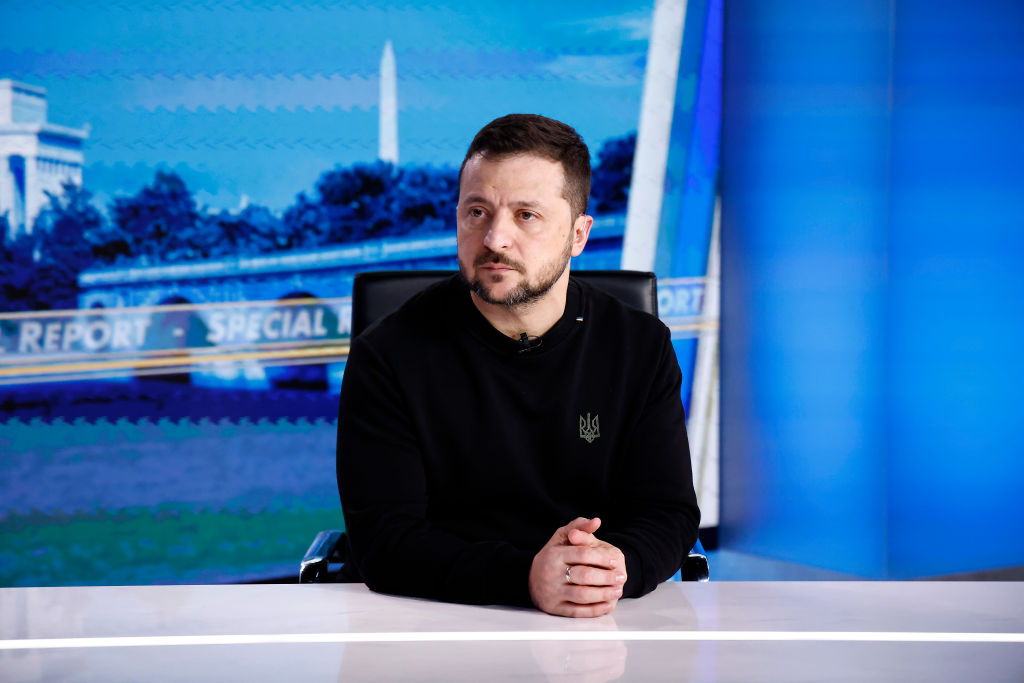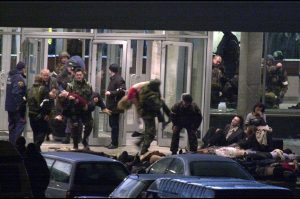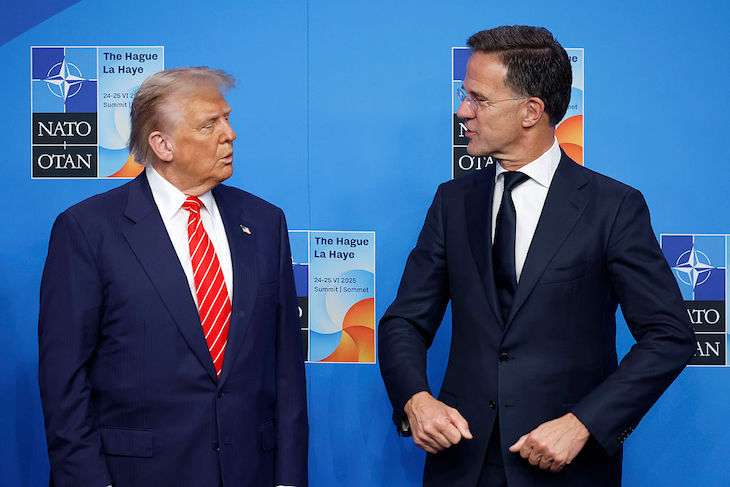Ukraine’s parliament will soon vote on much-needed conscription regulations which would draft an extra half a million recruits into the army. The categories of eligible men will be expanded, the draft age will be lowered from twenty-seven to twenty-five, and any man caught attempting to evade it will face harsh sanctions or imprisonment. Volodymyr Zelensky has stopped talking about victory coming any time soon. His New Year’s message was grim: everyone must either fight or help through work. Ukrainians are braced for another year of war.
But talk of “peace” or “compromise” is still seen as code for a surrender which would reward rather than punish Vladimir Putin’s atrocities, cede ground and give him the opportunity to come back for the rest later. There is negligible public support for any type of deal. How can we tell? While it is unusual for opposition voices to be heard on TV (which Zelensky effectively controls), there is still free expression on social media, and it is rare to see Ukrainians saying they should cede the occupied territory in exchange for an end to the bloodshed.
After all, we have seen before what happens when we “compromise” with Russia. We know how it ends. In 2014, Ukraine was forced to agree to the “peace” of the Minsk ceasefire after Russian forces massacred hundreds of unarmed Ukrainian soldiers retreating from the encircled city of Ilovaisk. Stunned by the losses, the then president Petro Poroshenko agreed to freeze the conflict by accepting Russia’s terms. Crimea was ceded. Putin used this win to pause, re-arm and then launch a full-scale war.
And what would the partition look like? Putin has amended the Russian constitution to claim four regions: Donetsk, Kherson, Luhansk and Zaporizhzhia. But his forces occupy only parts of each. Two large regional cities are still free: Kherson was liberated, while Zaporizhzhia, with 800,000 citizens, is far from under Russian control. But would we hand the rest over to Russia to fit Putin’s constitutional decree? It’s unthinkable. This is not just a battle over territory, but for the people who live there under Russian regime and cultural cleansing.
At his end-of-year press conference, Putin pledged to wage war until Russia achieves its goals: “demilitarization and a neutral status” for Ukraine. This is patently absurd: how can Ukraine be neutral? If there is anything that could potentially sway Ukrainians to contemplate territorial concession, it would be Nato membership. Not in ten years, but now.
Before there can be any serious talk of a ceasefire, Ukraine needs guarantees that Putin won’t re-arm and return for more. He routinely reneges on promises, as he did in Minsk in 2014 and following the 1994 Budapest memorandum, when Ukraine gave up its nuclear weapons in exchange for a supposedly cast-iron promise of security. Ukrainians trusted Russia’s promise in Budapest; by the time of Minsk, we didn’t. And we never will again. Why would anyone ever believe Putin, given his track record?
I sometimes read in the foreign press how senior figures in Kyiv are talking seriously about a peace-for-land deal. I follow this quite closely and know of only one prominent Ukrainian who says so: Oleksiy Arestovych, a once-popular blogger who has long been banished from Zelensky’s circle of advisers. He spends his time bravely criticizing Zelensky from abroad, with an eye on the next presidential elections. Even if more politicians are privately considering concessions, they don’t dare talk about it publicly. If they did, they would lose the support of the electorate.
What if western support wavers? Ukraine will still keep fighting. The defense ministry has been boosting the domestic production of weapons and investing in joint defence enterprises with allies. “The enemy will feel the wrath of domestic production. Our weapons, our equipment, artillery, our shells, our drones, our naval ‘greeting’ to the enemy, and at least a million Ukrainian FPV drones,” said Zelensky in his New Year’s speech.
He will aim to secure at least one significant victory on the front line this year to convince allies that the war effort is not in vain. If that is not enough, and he is forced into talks, he will use whatever leverage is available to ensure that Ukraine does not emerge defeated. If this year ends in more slaughter, no military progress and with Donald Trump being elected on a pledge to end American aid, it is possible that there may be a change in the public mood. But for now, the feeling among Ukrainians is almost unanimous: we fight on.
This article was originally published in The Spectator’s UK magazine. Subscribe to the World edition here.


























Leave a Reply